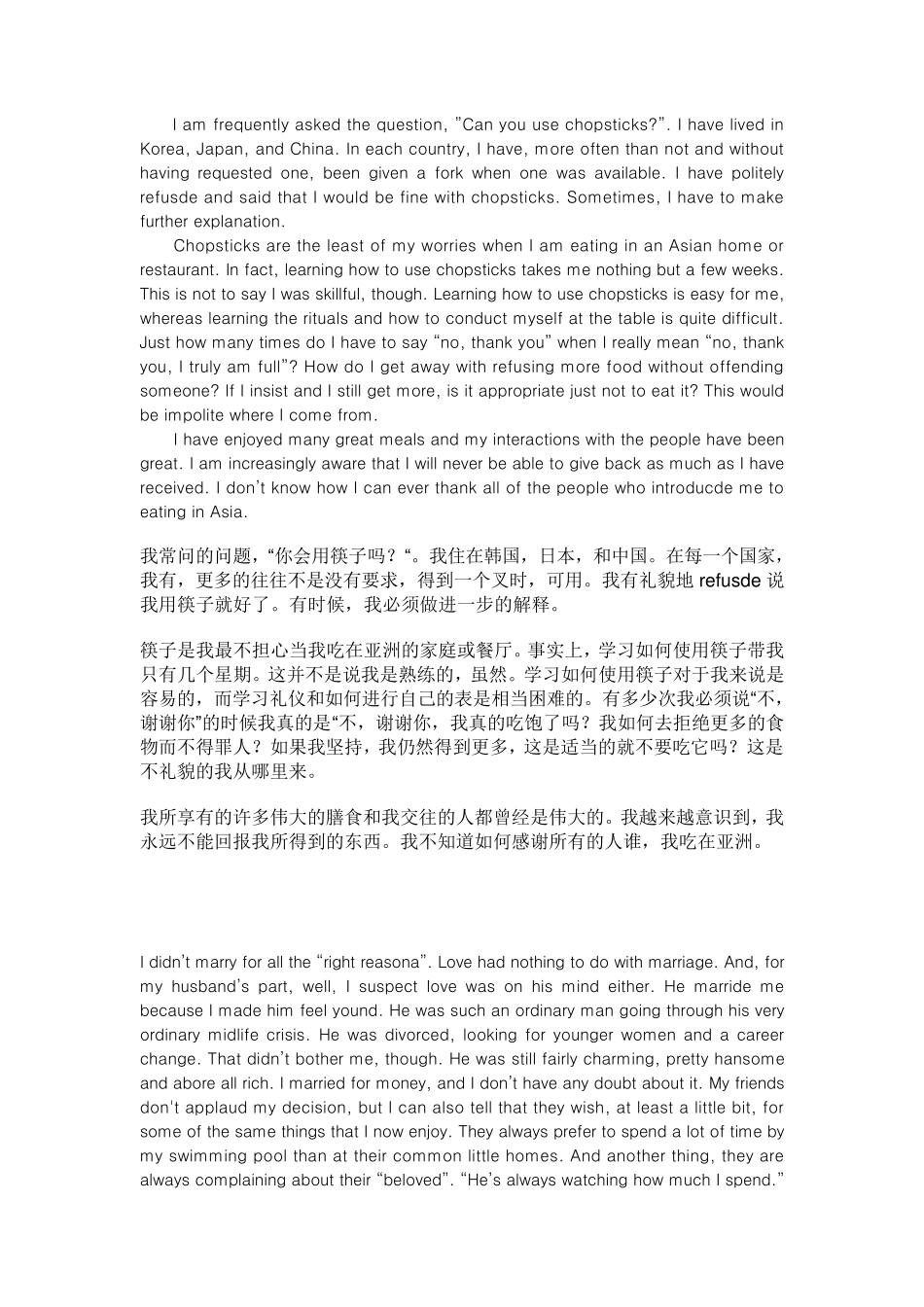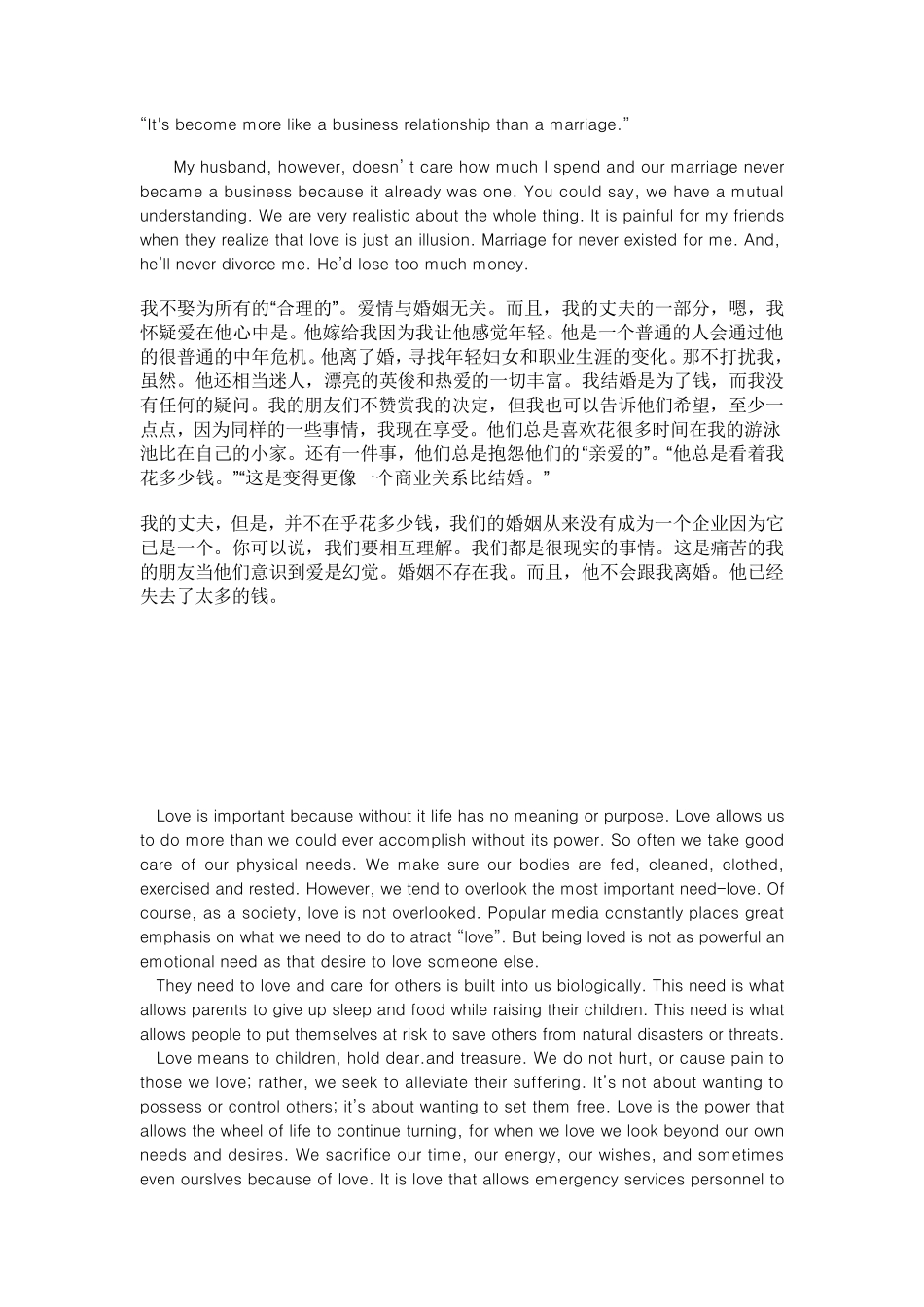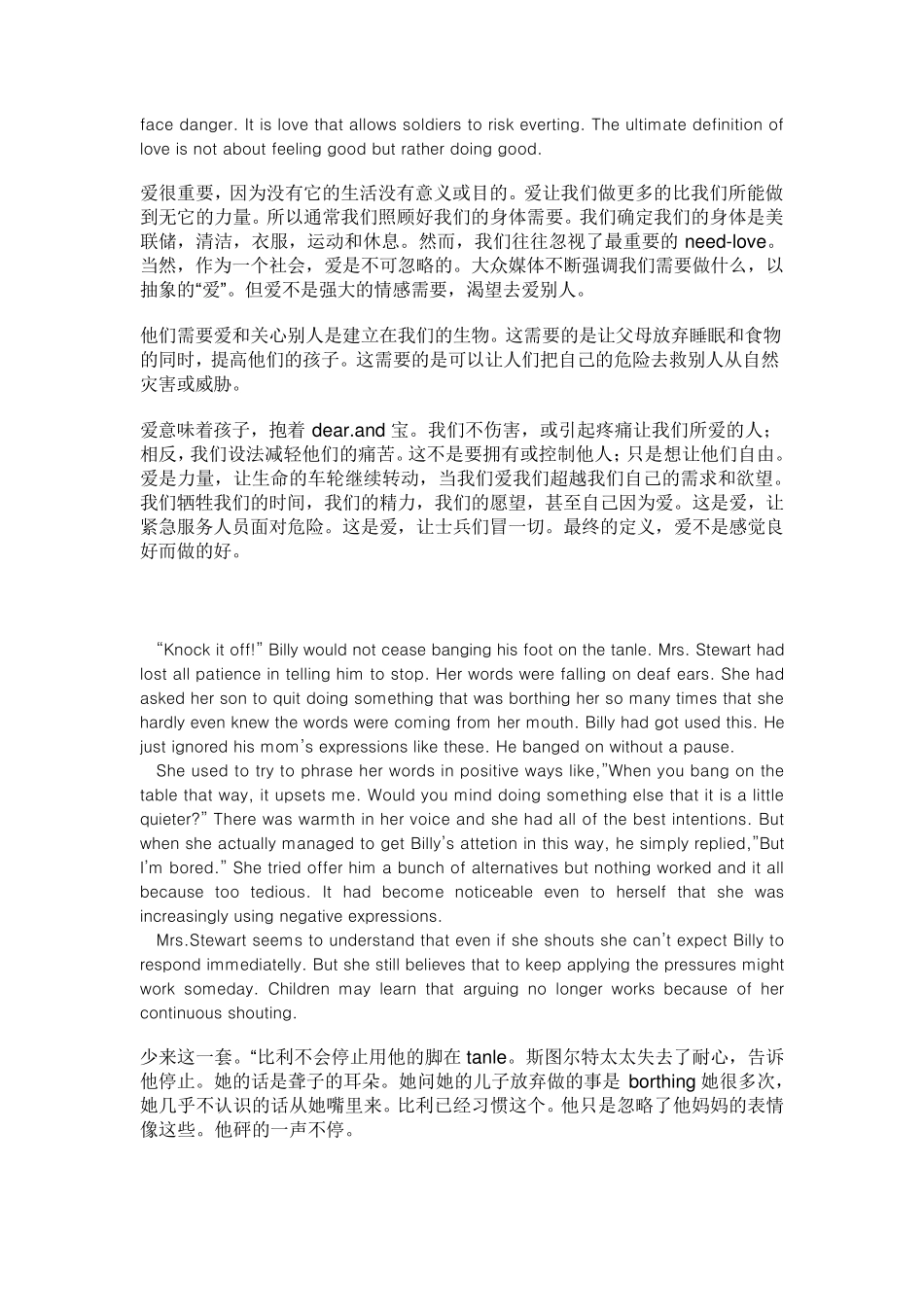I am frequently asked the question, ”Can you use chopsticks?”. I have lived in Korea, Japan, and China. In each country, I have, more often than not and without having requested one, been given a fork when one was available. I have politely refusde and said that I would be fine with chopsticks. Sometimes, I have to make further explanation. Chopsticks are the least of my worries when I am eating in an Asian home or restaurant. In fact, learning how to use chopsticks takes me nothing but a few weeks. This is not to say I was skillful, though. Learning how to use chopsticks is easy for me, whereas learning the rituals and how to conduct myself at the table is quite difficult. Just how many times do I have to say “no, thank you” when I really mean “no, thank you, I truly am full”? How do I get away with refusing more food without offending someone? If I insist and I still get more, is it appropriate just not to eat it? This would be impolite where I come from. I have enjoyed many great meals and my interactions with the people have been great. I am increasingly aware that I will never be able to give back as much as I have received. I don’t know how I can ever thank all of the people who introducde me to eating in Asia. 我常问的问题,“你会用筷子吗?“。我住在韩国,日本,和中国。在每一个国家,我有,更多的往往不是没有要求,得到一个叉时,可用。我有礼貌地 refusde 说我用筷子就好了。有时候,我必须做进一步的解释。 筷子是我最不担心当我吃在亚洲的家庭或餐厅。事实上,学习如何使用筷子带我只有几个星期。这并不是说我是熟练的,虽然。学习如何使用筷子对于我来说是容易的,而学习礼仪和如何进行自己的表是相当困难的。有多少次我必须说“不,谢谢你”的时候我真的是“不,谢谢你,我真的吃饱了吗?我如何去拒绝更多的食物而不得罪人?如果我坚持,我仍然得到更...


